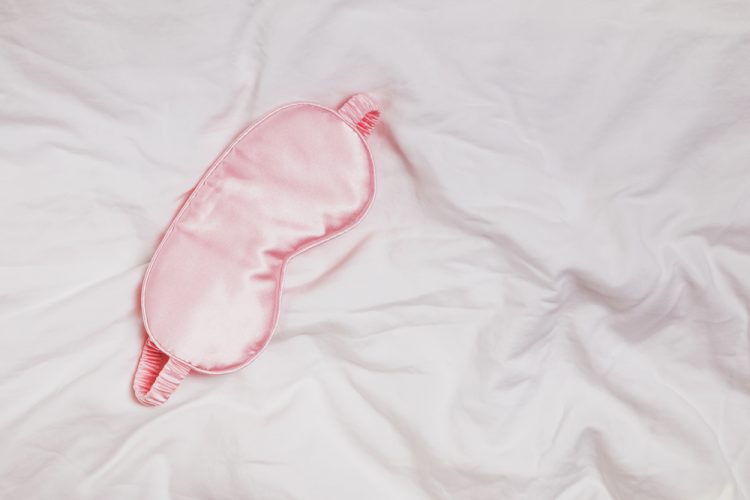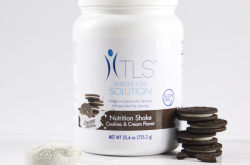Sosan Hua, RD, CDE
We all know the importance of sleep and our physical and mental health. Research has shown that poor sleep or lack of sleep may put you at risk of many health problems including and not limited to heart disease, high blood pressure, diabetes, stroke, and obesity1. Truthfully, we don’t really need research to tell us how important sleep is. Just one day of sleep deprivation is enough to tell us why we need sleep. How do you feel when you don’t get enough sleep? Do you feel tired? Do you notice you are hungrier or crave more carbs or sweets? Do you notice your mood changes? If so, it is important for us to prioritize our sleep.
Most of the time, people can’t build a habit of keeping themselves active daily due to feeling tired or worn out. If we focus on improving our sleep the night before, it is exactly what we need to kick start the next day. The quality and quantity of sleep does matter. Some people function well with 6 hours of quality sleep while others need at least 8 hours of sleep. Is the number of hours you need based upon how you feel the next day? Start with journaling your sleep and assessing your energy levels to fine-tune the amount that is right for you. Like your mobile device which needs charging to reach 100%. Sleep is like charging for the human body to function optimally so when it is not charged completely (does not reach 100%), you need to recharge again and again during the day to function.
Here are the tips to help you optimize your sleep and re-charge so you can increase your energy to function optimally day after day.
- Make sleep a priority – don’t just say it, mean it and schedule it.
- Journal your sleep – what time do you sleep, what time do you wake up, how many times do you wake up during the night, can you fall asleep right away when you wake up, how long does it takes you to fall asleep – the more you know about yourself, the more you can find a solution to help yourself.
- Practice deep breathing during the day, so you calm your body for a restful sleep.
- Avoid caffeine after 12 noon or 2pm depending on your sleep routine.
- Turn off any electronic or mobile device at least 30 minutes prior to sleep. For some people, they may need 1 hour to settle in.
- Stretch and do deep breathing to calm your body on your bed.
- Avoid alcohol – many people think alcohol can help them unwind and drift off at night, but it actually affects the quality of sleep.
- Avoid heavy meals or eating late in the evening.
- Stay hydrated during the day – drink the majority of your liquid during the day so you reduce the chance of waking up in the middle of the night to urinate
- Get moving – start with walking for 30 minutes during the day, it will help you to sleep better at night.
- Set a regular sleep pattern – sleep and wake up at the same time daily even on the weekends.
- Optimize your bedroom environment – a dim light, keeping the room cool, and noise control.
Next time when you are feeling tired, instead of grabbing a cup of joe, focus on more quality sleep. It will do wonders for your energy levels. What are some of your daily and nightly routines to achieve better sleep at night? Share those in the comments.
These statements have not been evaluated by the Food and Drug Administration. These products are not intended to diagnose, treat, cure, or prevent any disease.
Reference:
1 https://www.nhlbi.nih.gov/health-topics/sleep-deprivation-and-deficiency





Comments (0)